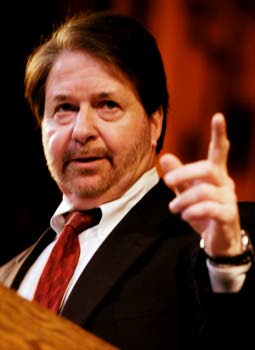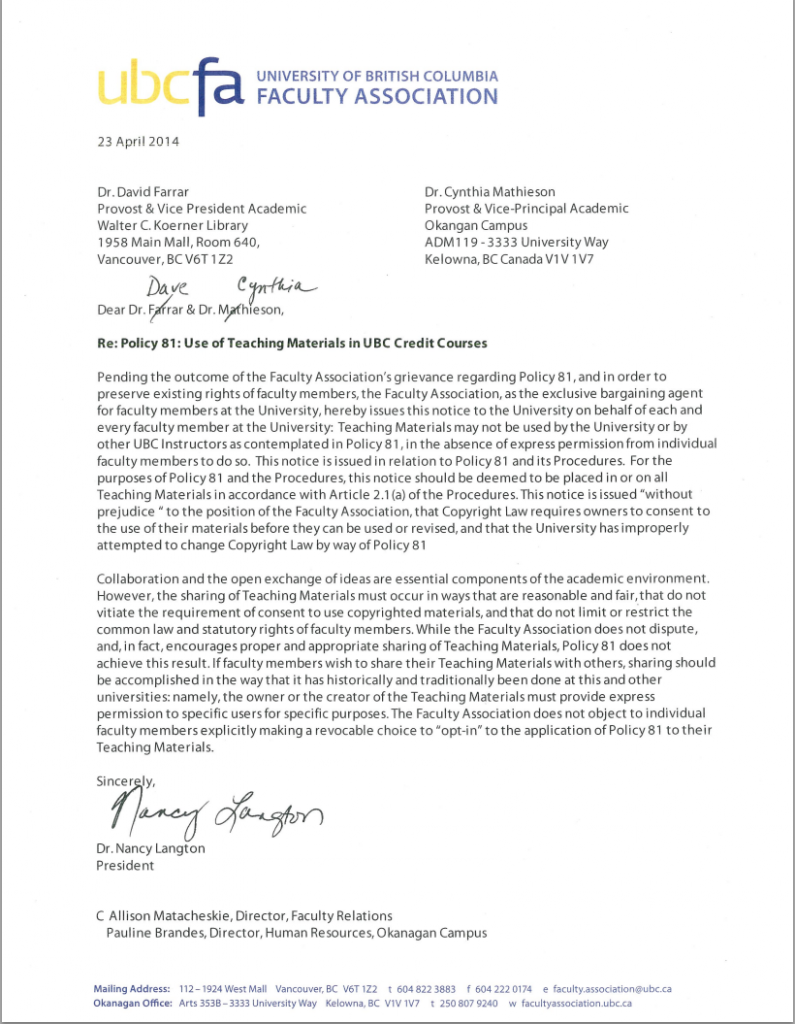The following was posted to the UBC Faculty of Education Listserv today. I am re-posting on WTBHNN with permission of the author.
Inconvenient Truths Concerning Human Rights Issues and the UBC/PNU Collaboration
by Dr. M.K. Bryson
Professor and Director, Institute for Gender, Race, Sexuality and Social Justice (GRSJ), Faculty of Arts & Professor, Department of Language and Literacy Education (LLED), Faculty of Education, University of British Columbia
Archive: http://ubc.academia.edu/MaryKBryson
A recent Globe & Mail article
http://bog2.sites.olt.ubc.ca/files/2014/11/4.5_2014_11_Teaching-Contract-with-PNU.pdf
Specific human rights violations (see below) related to this UBC Faculty of Education graduate courses/program being provided at PNU, by UBC faculty and graduate students, are rationalized in the contract by means of an argument about a putative “benefit” to “the advancement of women in Saudi” — an argument that finds no support from Gender and Development experts in the Arab Gulf region.
“There are some reputational risks associated with providing services in Saudi Arabia given the country’s stance on some human rights issues. However the opportunity to positively impact human rights through the education and advancement of women in Saudi Arabia outweigh these risks.” UBC/PNU Contract:
http://bog2.sites.olt.ubc.ca/files/2014/11/4.5_2014_11_Teaching-Contract-with-PNU.pdf
What kinds of human rights abuses and problems lurk in the UBC-PNU contract? An incomplete list includes:
UBC’s Role as a Regulatory Authority in LGB/T Discrimination. “Homosexuality” (or being identified as “transgender”) is a criminal offence punishable by the death penalty in Saudi Arabia. The proposal we have read anticipates that UBC will hire or appoint a Project Manager, Project Assistant as well as hire individual Faculty and Graduate Students to carry out work, on behalf of the UBC, on the ground at PNU. And yet the Canadian hiring at UBC must take place in such a way as to be in compliance with Provincial and Federal labour laws that govern hiring. How then, would the proposed UBC/PNU plan be executed, where, in Canada, UBC hires a Project Coordinator, or Faculty or Graduate Students, to jobs in such a manner as to exclude, up front, LGB/T applicants? UBC then, takes on the responsibilities of a Regulatory Authority in respect of its own participation in a program that can not include staff, faculty or students who are openly LGB or Transgender. How can I — for example — as an openly and emphatically queer and trans* person, participate? What kinds of conditions of speaking would be required and how do those conditions map on to Canadian Charter rights?
One of the recent Trinity Western University cases about its Law School that excludes LGB/T students and faculty took the form of a case against the BC Ministry of Advanced Education, in light of its approval, as a regulatory authority, of the Trinity Western Law School. In short order, the BC Ministry of Advanced Education stepped away from its approval of TWU and actually revoked its approval. This is an interesting case to ponder in relation to the role of UBC, in light of its approval, as a regulatory authority, of the UBC-PNU program in full knowledge of myriad forms of human rights abuses and problems.
What then, is an ethical mode of engagement with a for-profit program in Saudi Arabia? That none of these elements of participation have been to-date spelled out by the University of British Columbia is a concern.
State-based Anti-Semitism. Until very recently, both “Jewish people” and people with “An Israeli passport holder or a passport that has an Israeli arrival/departure stamp” were listed on the official Saudi Arabia Tourism website as groups of people to whom Visas would not be issued.
http://bog2.sites.olt.ubc.ca/files/2014/11/4.5_2014_11_Teaching-Contract-with-PNU.pdf
Labor Rights Violations and Abuses. It is also the case that this $23 million income for UBC will entail UBC’s knowing participation in, and enabling of, labor conditions in Saudi Arabia that are absolutely unsustainable and rife with labor rights violations and abuses concerning the migrant workers who provide almost all of the labour that makes Universities function in Saudi Arabia, and yet who have no rights and are routinely detained, and worse.
How then, can “cozying up to Saudi Arabia” be principled, “From Here” – @UBC’s Faculty of Education?
Principled Divestment @UBC. It seems very valuable to consider the argument that Divestment@UBC should be extended to “for profit” educational initiatives where the very serious human rights problems at-hand present ethical problems related to involvement — ethical problems that should give UBC cause to divest from participation in human rights violations “for profit”. The hard won freedoms we have realized in the Charter of Freedoms and related provincial Charters are not for sale.
 Follow
Follow


